Q&A with Sikina Jinnah
Professor of Environmental Studies, Sikina Jinnah discusses the possibilities and consequences of solar geoengineering, which could have the impact of turning our blue sky white.
Originally published by The Humanities Institute Deep Read
The Humanities Institute talks with UCSC professor of Environmental Studies, Sikina Jinnah, about the Deep Read book, Under a White Sky, by Pulitzer Prize-winning science journalist Elizabeth Kolbert.
Sikina Jinnah has spent a lot of time thinking about the possibilities and consequences of solar geoengineering, which could have the impact of turning our blue sky white. Her work has put her at the table with many of the figures featured in Kolbert’s book, and she has wrestled with the issues they and Kolbert raise around solar geoengineering technology, particularly as related to international politics and global oversight.
Deep Read: Tell us about your career and your work.
Sikina Jinnah: I am an interdisciplinary social scientist, primarily in the fields of political science and global governance as it relates to the environment. I think a lot about how countries cooperate internationally to address environmental problems, so most of my work for most of my career has focused on climate change and international collaboration. For nearly a decade now, I’ve been working on the governance of solar geoengineering, which is the phenomenon for which Under a White Sky is named.
What is solar geoengineering?
There’s a growing body of research emerging alongside political discussions on solar geoengineering. In particular, solar geoengineering is stratospheric aerosol injection, which is what Kolbert is talking about in her book. It’s a set of emerging technologies that would deposit reflective aerosols in the stratosphere to reflect solar radiation in order to stave off some of the worst climate impacts for a short period of time. It’s a short-term, emergency response measure that could possibly be used to ameliorate some of the most intense climate impacts for the world’s most vulnerable populations that would give us time to get far more aggressive about greenhouse gas reductions and scale up carbon removal. While that research is evolving quickly, the governance landscape is pretty vacant.
In fact, there’s really almost no governance out there. A lot of my work thinks about how we bring theories of global governance to bear on the research of solar geoengineering so that there are structures in place to minimize potential negative impacts of research in this area. We need basic things like research transparency and public funding mechanisms for this as opposed to the current situation in which so much of the research is pushed into the private sector, which means we really have no idea what’s actually happening. For instance, there aren’t requirements for making data public or making transparent the types of projects that are funded.
What’s important to know about the solar geoengineering conversations you’re having?
Broadly speaking, there are two camps of debate on solar geoengineering. On the one hand, you have people like David Keith, who Kolbert interviews, and is very positive about moving research forward. He has advocated that solar geoengineering is a justice-oriented response to some of the most horrific impacts of climate change, which are going to affect the world’s most vulnerable. For him, and others who share this perspective, solar geoengineering might be a way to ameliorate some of those impacts that are going to happen, regardless of what we do today or tomorrow, in terms of emission reductions.
On the other hand, there are scholars who strongly advocate against solar geoengineering, including what effectively amounts to a ban on research. They argue that it is fundamentally unjust in part because the Global South has not been adequately involved in science, discussions, or decisions around solar geoengineering research. This is true and also some of the governance proposals coming out of this camp are quite scary and even reckless. They want to ban public funding and international assessment, including in the Intergovernmental Panel on Climate Change (IPCC).
My own perspective is that we can and must govern research on solar geoengineering and that IPCC assessment is critical to ensuring scientifically informed decision making, whether that be to move research forward or to shut it down if the risks are found to be too great.
I co-chair the Stratospheric Controlled Perturbation Experiment (SCoPEx) Advisory Committee and our job is to provide a recommendation to Harvard’s Vice Provost for Research on if and under what conditions that small-scale, outdoor solar geoengineering experiment could proceed. If it does, it would be the first of its kind. We’ve developed a robust governance structure for evaluation of outdoor experimentation that includes financial, technical, scientific, and societal reviews. Our hope is that we are developing a model that can be used for evaluating other proposed outdoor experiments to ensure effective, responsible, and just research on solar geoengineering.
What can people do in the face of the large and complicated problem of climate change?
I often assign an article in my undergraduate course, ENVS 25: Environmental Policy, Economics, and Justice, entitled, “Individualization: Plant a Tree, Buy a Bike, Save the World?” by Michael F. Maniates. The basic argument is that individual action doesn’t matter a whole lot and that to solve the types of problems that we’re currently grappling with we must work through institutions. In short, collective action matters more than individual action. While individual actions can make people feel good, many are not really about substantive change and might in fact give people a sense of complacency about the need for action. I think there’s a lot of room for collective action to yield institutional change that can move the needle on this topic. Is there room for that to happen before a whole lot of suffering? No. Is there room for that before a whole lot more suffering? Yes. So there’s definitely space to make the world better. But, unfortunately, I think we’re going to experience quite a lot of trauma before we get there.
Join the Deep Read community conversation: We encourage you to think through these questions as you read and share your thoughts in the comments here.

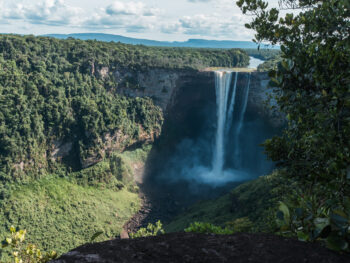
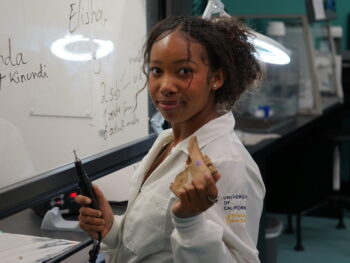
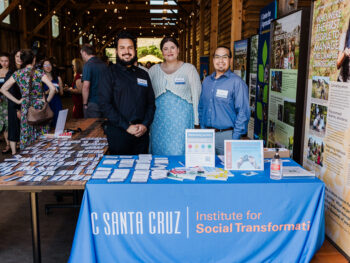
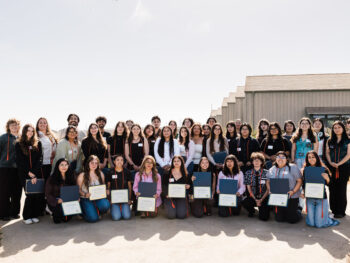
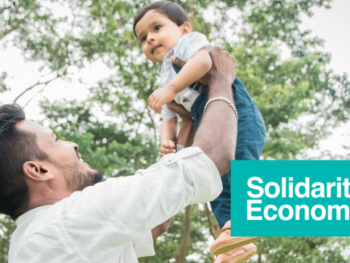
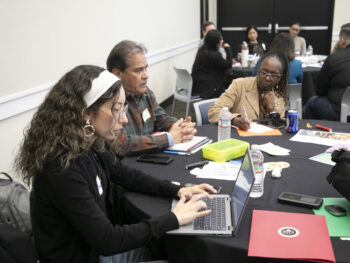
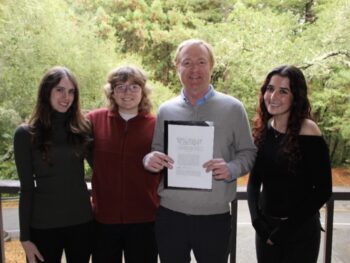
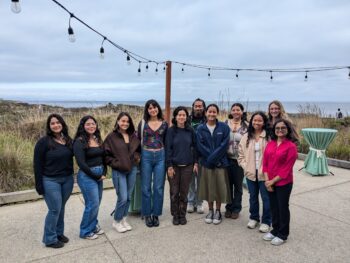
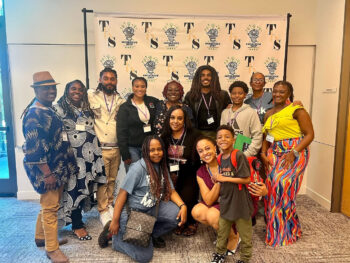
 Bio-pharma hub development in global production networks: contrasting state policies and conjunctural value strategies
Bio-pharma hub development in global production networks: contrasting state policies and conjunctural value strategies
